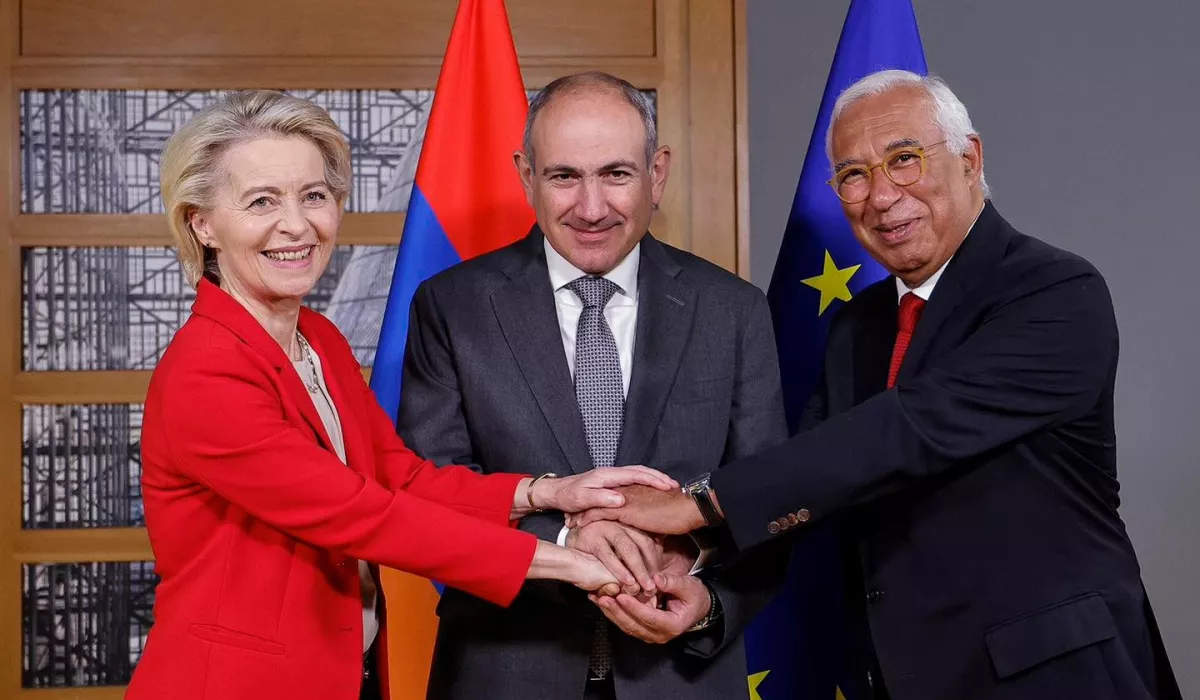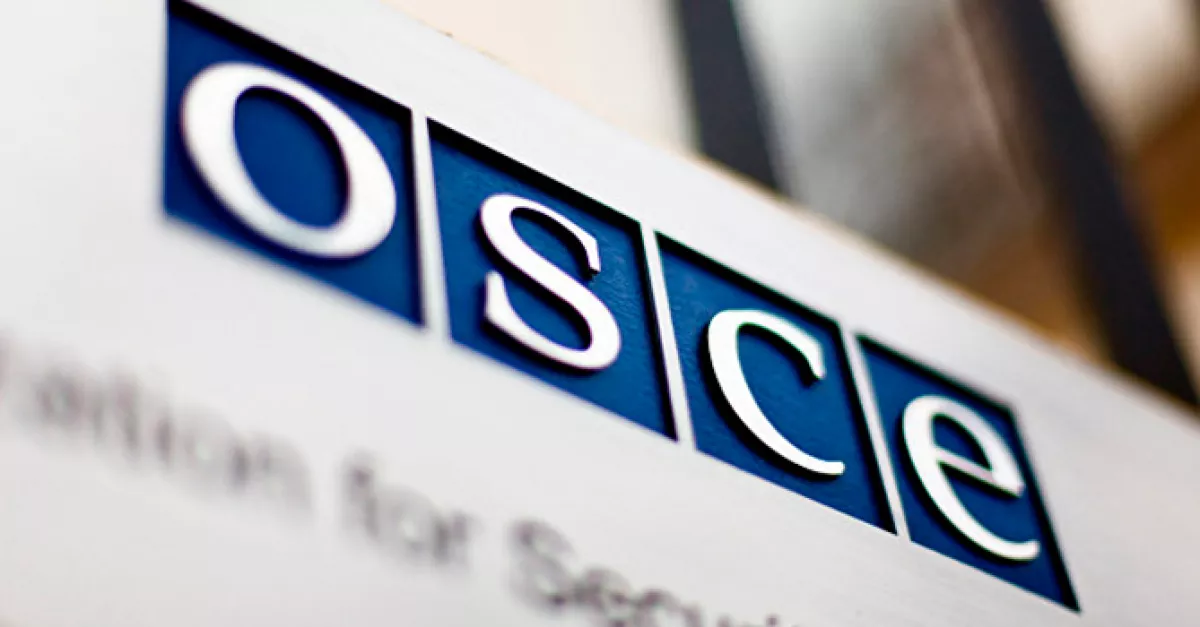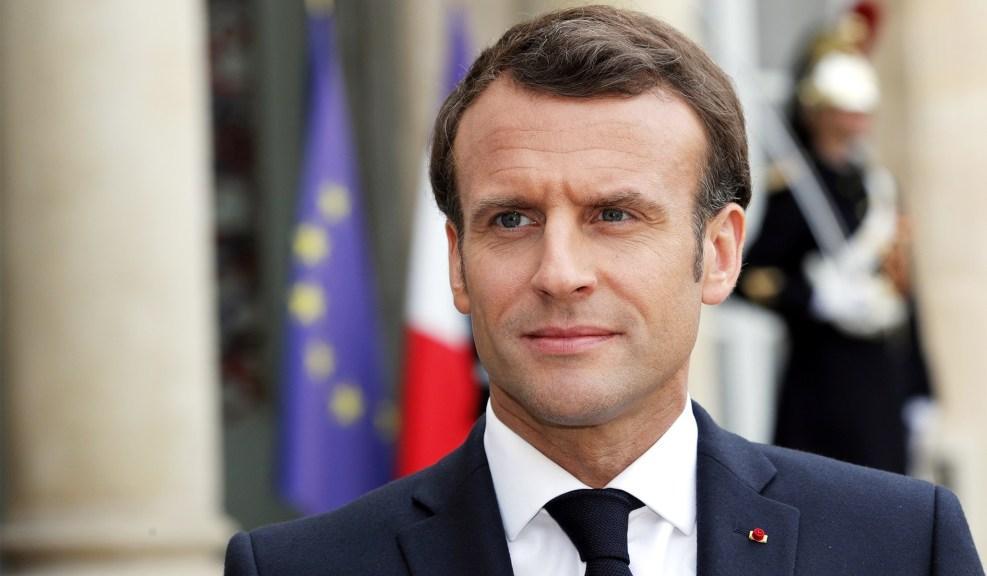Free cheese or peace? The EU grants more aid to Armenia
The European Union is set to significantly increase its financial assistance to Armenia, pledging up to €2.5 billion under its Global Gateway strategy. The funding, aimed at boosting transport, energy, digital infrastructure, and small businesses, was announced in a joint statement following high-level talks in Brussels between European Council President António Costa, European Commission President Ursula von der Leyen, and Armenian Prime Minister Nikol Pashinyan.

According to the statement, the parties agreed to deepen cooperation and coordinate joint efforts across the outlined sectors. But the move raises a legitimate question: Will these funds truly be directed toward civilian infrastructure, or might some of the financial relief enable increased military spending—such as the procurement of offensive weapons from countries like India or France?
While it's perhaps simplistic to suggest the aid will be directly diverted for defence purposes, the broader implications are harder to dismiss. With billions earmarked for energy, transport, and private sector development, Armenia's state budget will inevitably be freed up in other areas—most notably, defence. In other words, even if the EU funds are not directly spent on weapons, they may indirectly facilitate greater military expenditure.
This will not be difficult to verify. If Armenia’s military budget sees a significant increase next year (and it’s worth noting that this has been a consistent trend year after year—coinciding, notably, with rising EU funding), it would indicate that Armenia’s militarisation programme is not only ongoing but accelerating.
In that case, Yerevan and its “well-wishers” would be putting the peace process—seemingly nearing the finish line—at serious risk. Even if a settlement is reached in the near future, continued militarisation would become a separate and pressing issue.

For example, Armenia may fulfil Azerbaijan’s preconditions, such as dissolving the OSCE Minsk Group and implementing constitutional reforms to remove territorial claims against Azerbaijan. These steps could pave the way for the signing of a peace treaty. But if, at the same time, Armenia continues to expand its arsenal, serious doubts will arise regarding its commitment to honouring any agreements reached.
This does not necessarily mean that war is inevitable, but it will undoubtedly recreate a hostile atmosphere in the South Caucasus—an environment of animosity that Azerbaijan has been striving so hard to overcome.
It is worth recalling here that French President Emmanuel Macron also recently expressed his support for Baku and Yerevan’s efforts toward normalisation. “The swift signing of a peace treaty between Armenia and Azerbaijan would open a new chapter for all countries and peoples of the region and beyond,” he wrote on his social media page on X.

Let us not dwell for now on how sincere President Macron is in his well-wishes, though it must be said—he chose the right words: “open a new chapter.” One can only hope that Brussels and Paris have finally grasped the necessity of such a step. Militarisation of Armenia is, by definition, incompatible with this approach.
However, there is yet another troubling aspect of the EU–Armenia arrangements beyond militarisation. The ease with which Prime Minister Pashinyan accepts financial injections from the West—particularly from Europe—raises doubts about his ability to consistently pursue a policy of genuine national sovereignty. If this trend continues, Armenia risks merely swapping one “big brother” for another. And that would mean perpetuating a chronic hotspot of tension in the South Caucasus.
Instead of relying on foreign grants, Yerevan should focus more on diversifying its revenue streams—primarily by engaging in regional and global connectivity projects.
There are signs of such an intention, but at the same time, Pashinyan’s team seems reluctant to give up the generous offerings of their newfound patrons. That is a grave mistake—because we all know where the “free cheese” usually ends up.








